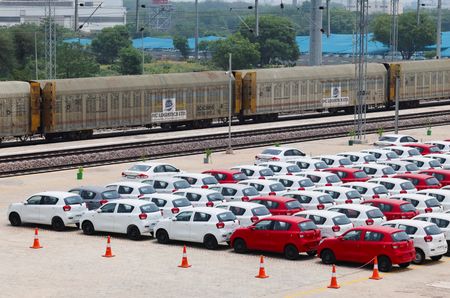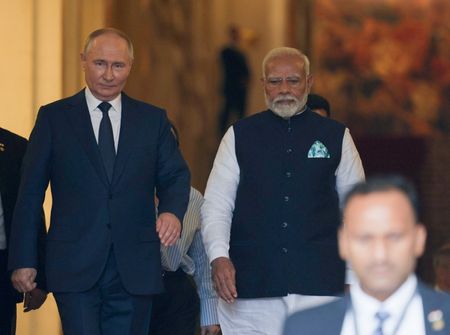(Reuters) – India must accelerate execution of nuclear projects, create awareness on their safety and build a strong list of vendors, according to an advisory committee meeting of the country’s power ministry held on Monday.
WHY IT’S IMPORTANT
In early February, India announced plans to amend its nuclear liability law to boost foreign and private investments, aiming to increase nuclear capacity to at least 100 GW by 2047 from about 9 GW currently.
The country is seeking to replace carbon-intensive coal with cleaner sources of energy.
CONTEXT
India is betting heavily on nuclear power to meet its rising energy demand without compromising on its net-zero commitments, and it proposes to allow private Indian companies to build nuclear plants.
The country could allow foreign companies to take stakes of up to 49% in its nuclear power projects and plans to ease its nuclear liability laws to cap accident-related penalties on equipment suppliers, Reuters reported earlier this month.
India must introduce tax concessions, ensure long-term financing to offer competitive nuclear tariffs, and develop diversified sources of uranium fuel to expedite project execution, Power Minister Manohar Lal told the advisory body on Monday, according to a government statement.
BY THE NUMBERS
India gets about three-fourths of its electricity from fossil fuel-based generation.
The country currently operates 25 nuclear reactors, with a total installed capacity of 8,880 megawatts (MW), contributing about 3% to the country’s electricity generation.
Eight reactors with a combined capacity of 6,600 MW are under construction, and another ten reactors with a total capacity of 7,000 MW are in pre-project stages, according to government data.
(Reporting by Sethuraman NR in Bengaluru; Editing by Maju Samuel)










